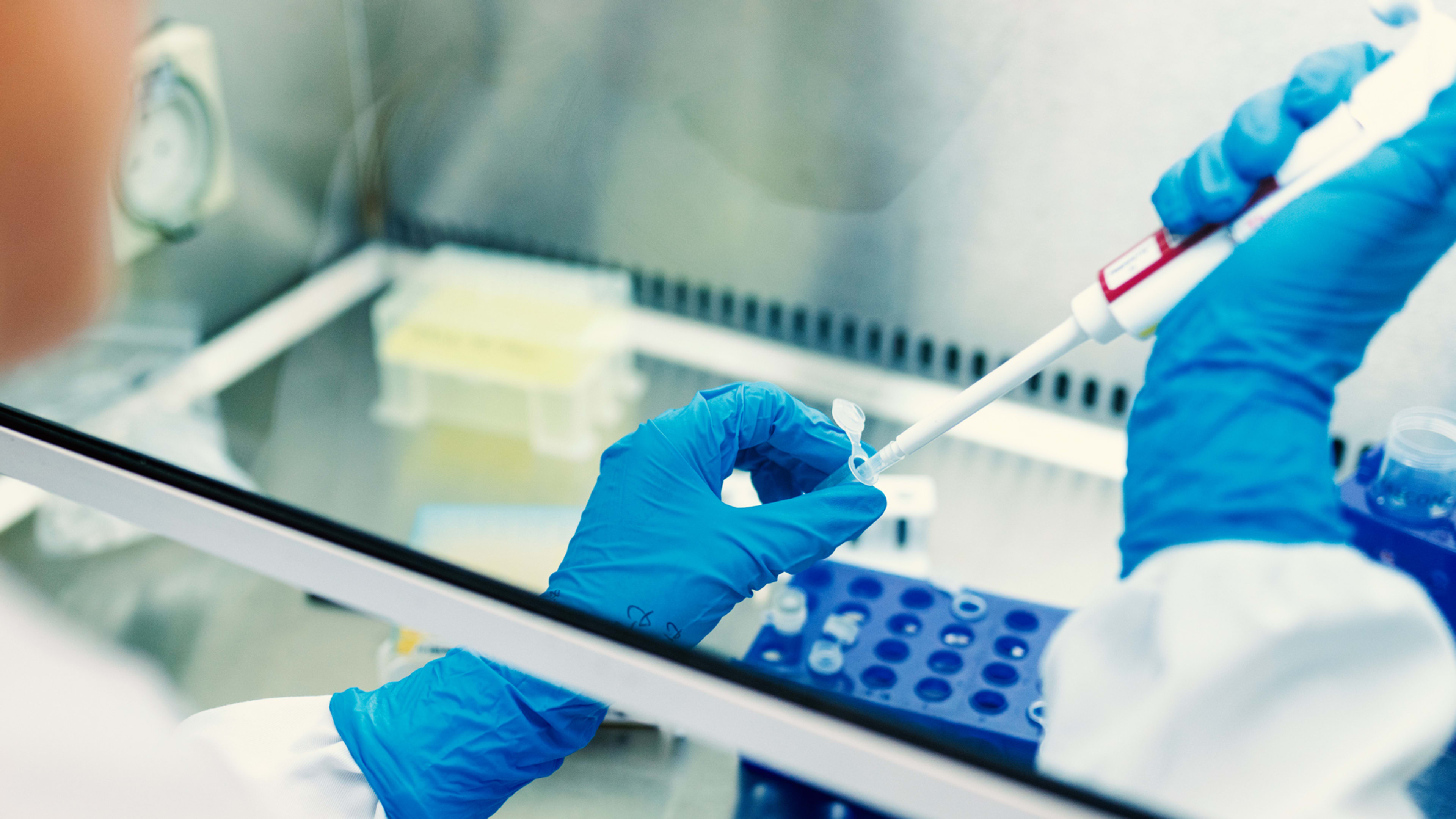If there’s one holy grail in the world today, it’s a vaccine for SARS-CoV-2, the virus that causes COVID-19. Billions are being poured into vaccine research around the world by both governments and private industry, hoping that such a vaccine can save lives and stabilize the global economy at the same time.
As of today, that holy grail has been found–or, at least, Russia claims it has. Russian President Vladimir Putin has announced his country has approved the world’s first SARS-CoV-2 vaccine for widespread use. And the president expects vaccinations to start for high-risk groups of people in the country in October. However, there are several reasons no one should get excited by this news. Here’s why:
- The Russia COVID-19 vaccine never underwent Phase 3 trials. Phase 3 trials are the most important stage of testing for any medicines or vaccines. In this phase, large groups of people (tens of thousands of them) are given the vaccine or a placebo, and the groups are watched for months or years to determine if it’s effective, dangerous, or both.
- Putin needs a political win right now. The Russian president has seen his approval ratings drop to historic lows in the country. Being the president of the country who develops the world’s first vaccine for the scourge of mankind is a great way to get those numbers up. The vaccine has even been named Sputnik-V, a nod to the 1950s space race, which helped boost Russian patriotism.
- Russia has failed to release safety data about the vaccine. According to CNN, Russia has failed to release any scientific data on the safety of the vaccine. Putin claims one of his daughters has already taken it, and “Now she feels well.” But vaccines and other medicines that are not properly tested can have major adverse health effects down the road. That’s why Phase 3 trials are so crucial–they help establish whether a vaccine or medicine is safe.
- Even if it works, there’s no data on its efficacy. In vaccine terms, “efficacy” refers to how effective a vaccine is. For example, an efficacy rating of 98%, which the measles vaccine had, meant 98 out of every 100 people who received it would be protected–guaranteed. But vaccines often have much lower efficacy rates. Even Dr. Anthony Fauci says the first SARS-CoV-2 vaccine might only have an efficacy rating of about 50% to 60%, meaning even America’s vaccines currently in development would be a coin toss regarding whether a person who has received it is actually protected. It’s true that Russia’s vaccine may actually protect some people from SARS-CoV-2. However, we don’t know what the efficacy of their vaccine is. A government can claim they have a “vaccine” even if its efficacy rating is only 2%–but it’s not going to be much help in protecting people if the efficacy rating is so low. In the U.S., it is likely that any SARS-CoV-2 vaccine that does not have an efficacy rating of at least 50% will not go into production.
The take away: given Russia has released little scientific data about their vaccine–and has skipped Phase 3 trials altogether—it’s highly unlikely Russia’s SARS-CoV-2 vaccine will help protect people on a mass scale. It might even be unsafe since it was rushed to market so quickly. But we won’t know for sure until Russia releases more information about it. Still, don’t get your hopes up.
Recognize your brand’s excellence by applying to this year’s Brands That Matter Awards before the early-rate deadline, May 3.
